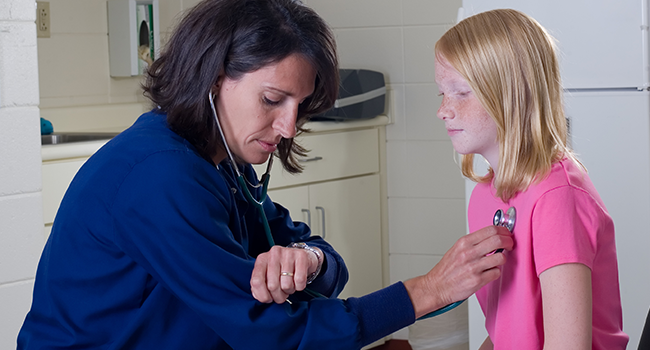
Pennsylvania Legislators Introduce Bill to Increase Staffing of School Nurses, Counselors
Legislators have introduced a bill in the Pennsylvania General Assembly that would adjust the maximum ratio of students to school nurses and establish minimum staffing requirements for other positions, such as counselors and social workers.
- By Jessica Davis
- May 15, 2019
Pennsylvania legislators have introduced a bill in the General Assembly that would bring more nurses into public schools and establish minimum staffing requirements for positions like counselors and social workers. Among other things, the legislation would reduce the maximum ratio of students to school nurses by half.
Under the current law, schools are required to have one nurse per every 1,500 students. There are no current minimum staffing requirements for school psychologists, social workers and school counselors.
According to Judy Morgitan, a school nurse and former president of the Pennsylvania State Education Association’s Department of Pupil Services, the bill could help schools better serve their students’ academic needs.
"School nurses are key in getting them the services that they need so they can get in that classroom and become the students that they're able to become,” Morgitan said.
Under House Bill 1401, schools would be required to have one school nurse per every 750 students, one school psychologist per every 500 and a school counselor and social worker for every 250 students. The bill is currently in the House Education Committee.
Morgitan served on Gov. Tom Wolf’s School Safety Task Force last year, and increasing the number of school counselors and mental health professionals was one of the task force’s recommendations. She said students-services professionals are necessary for helping students handle emotional stresses, such as the now-common active shooter drills.
"It's a heightened sense of insecurity and worry for the students,” Morgitan said. “So, I don't know how much education goes on right before, during and after that drill, but it really is an impact for them.”
Morgitan said the shortage of school nurses, psychologists and counselors increases the burdens of teachers and contributes to their burnout.
"We hear time and time again, from all of our colleagues and all of our partners in the school health environment and the school community, that yes, we need more school nurses,” Morgitan said.
The legislation calls for certification of school social workers in addition to setting minimum ratios for student-services professionals.
About the Author
Jessica Davis is the Associate Content Editor for 1105 Media.